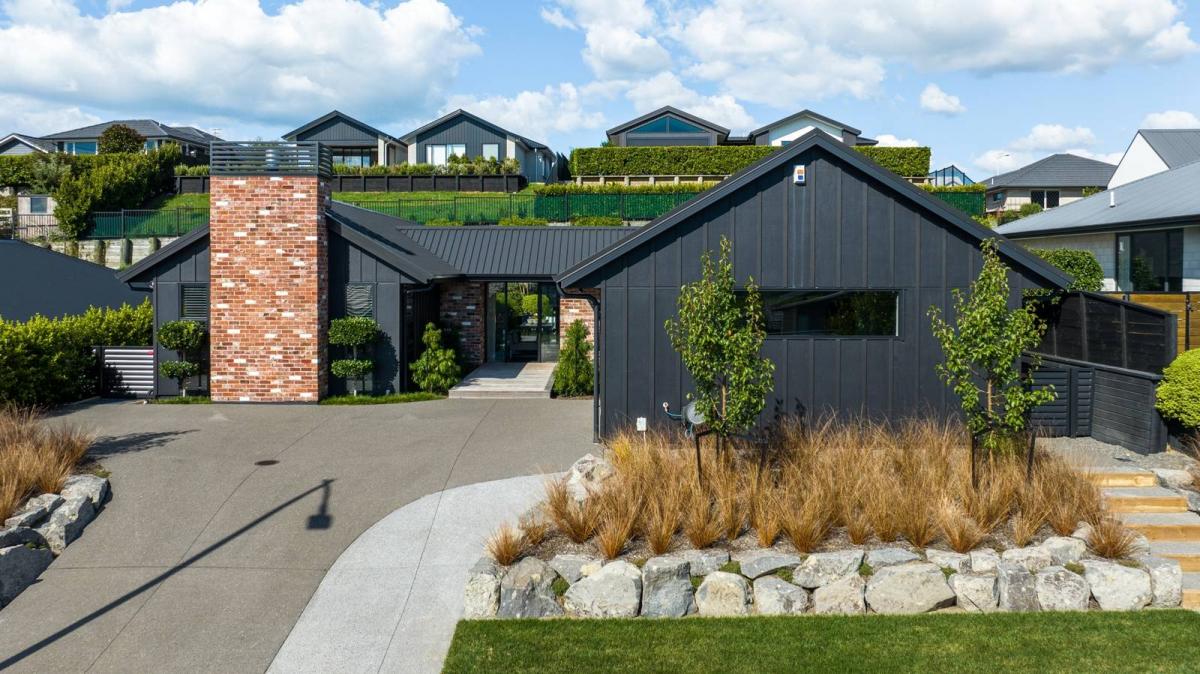What causes mildew on Curtains.
Does the water on the windows cause Mildew on Curtains?
The answer: Not Directly.
Only if the curtains are actually touching or touch the window, which most don’t.
It derives from and does contribute to the general humidity in the surrounds around the curtain which again contributes to the development of mould.
Moisture on windows is caused by the lower dew point of the glass. The warmer the air in a room/house the more moisture it will hold. It is a natural reaction for the moisture in the air to collect on the cool glass as the warm moist air attempts to equalize the air temperature and the glass temperature. The cooler glass sucks the heat out of the air.
Heat always travels from hot towards cold, leaving the moisture on the window and the warmth heating the glass until the outside temperature is the same as the inside temperature.
The closer together the temperature of the air and the glass the less it will happen. Indeed in the summer it works in the opposite where the higher temp of the glass heats the air in the room. This would also occur on days in the winter when the air in the house is cooler than the glass that’s heated by the sun. As soon as the temperature reverses the dew point on the glass lowers and then we have moisture on the windows.
Now without the sun or heating of some kind warming the curtains and the room, the curtains would remain at the ambient room air temperature but that’s not what happens. Heating or the sun will warm the curtains which like the air absorb the moisture from the air around them. This is also influenced by the humidity in the air at the time. If the curtains are cooler than the air in the room then any humidity will be absorbed by the curtains.
In doing so they also absorb the bacteria that is entrapped in that moisture. It important to note that that moisture can be from any source both inside and outside of the immediate vicinity of the curtains, for moisture in the air is carried by air currents that swirl around constantly, due to breeze, air temperature, movement by people and so on.
The curtains will adjust their own temperature and level of water absorbed up and down depending on the same factors, i.e. air temp, amount of heat applied to them by the sun and the amount of heat the material is able to absorb and retain and the all this is complicated by the time which curtains retain that heat and for how long.
So we have material curtains that absorb and release both heat and moisture all the time depending on the room conditions.
Thus we have curtains that essentially become mini glass houses or incubators, especially in the folds or where the sun has a high heat impact upon the material. A further compounding factor is the closeness of the material bulk to the wall. If as is mostly the case curtains are bunched against the wall, especially after being heated by the sun in the mornings, then the incubator effect is heightened. The same applies to late afternoon except that at that time the sun is intense and hotter than morning so the curtains retain more heat for longer. Midday sun is at a higher angle and so doesn’t affect the curtains so much.
The type of material also has an effect. Many older materials were natural and tended to allow more passage of air. Many of the modern materials are almost impervious to air and in the case of say taffeta’s and blackout material there is no “breathing” at all.
How does the warmth affect the curtains?
As with all incubators and glass houses the warmth creates an ideal condition for bacteria to grow. Longer periods of warmth, especially where the humidity is high, such as in curtain folds, and even in the material fibres themselves encourage the growth of bacteria. Bacteria thrive in colonies and have an enormous rate of duplication, and will grow colonies that live and hibernate and create their spores that continue to reinfect and grow the new colonies.
more; at curtaincleaners.co.nz...
Poll: Does the building consent process need to change?
We definitely need homes that are fit to live in but there are often frustrations when it comes to getting consent to modify your own home.
Do you think changes need made to the current process for building consent? Share your thoughts below.
Type 'Not For Print' if you wish your comments to be excluded from the Conversations column of your local paper.
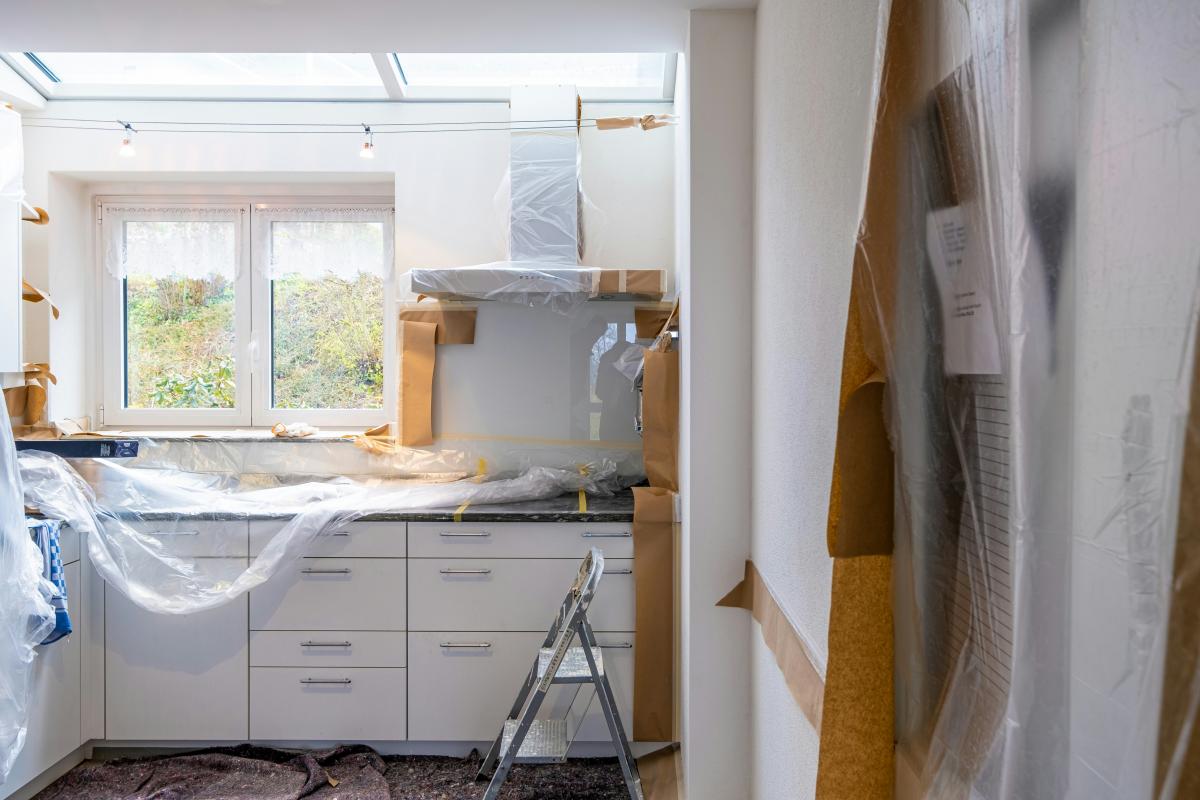
-
91.4% Yes
-
8.1% No
-
0.4% Other - I'll share below!
GARAGE SALE!!
Hi! We are having a garage sale tomorrow (Saturday 27th April) at 79 James Cook Drive, Welcome Bay from 8.30am until 12.30pm. Come along and grab a bargain. Cash only. Thanks!!

Foot massager
After a hard day or maybe a gift for someone! excellent condition hardly used as the massage chair wins everytime only selling at 80.00







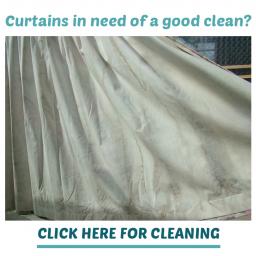
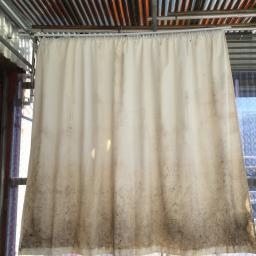
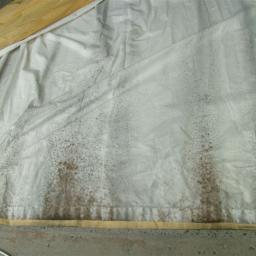

 Loading…
Loading…
















